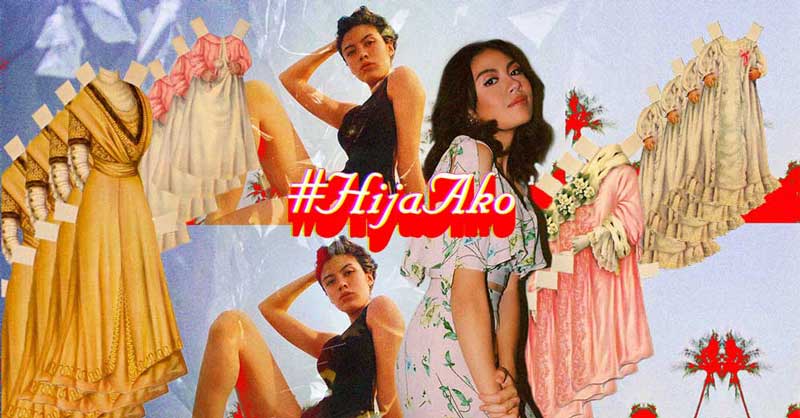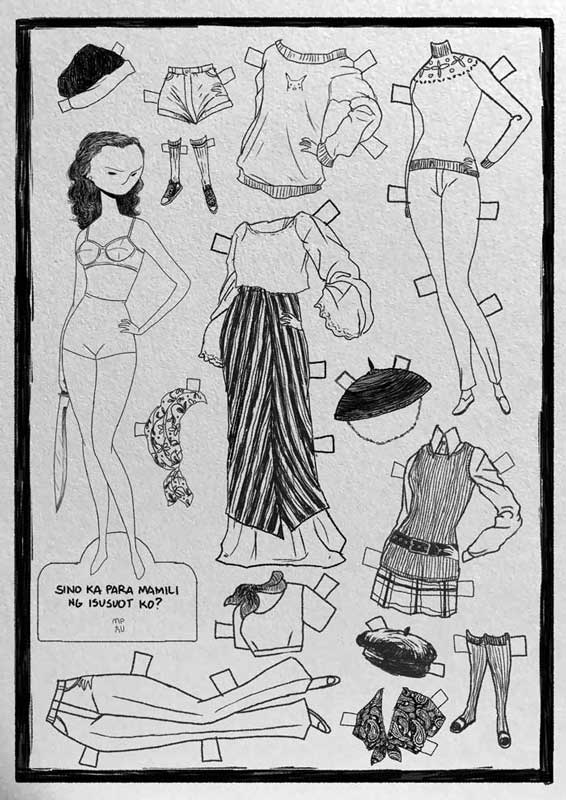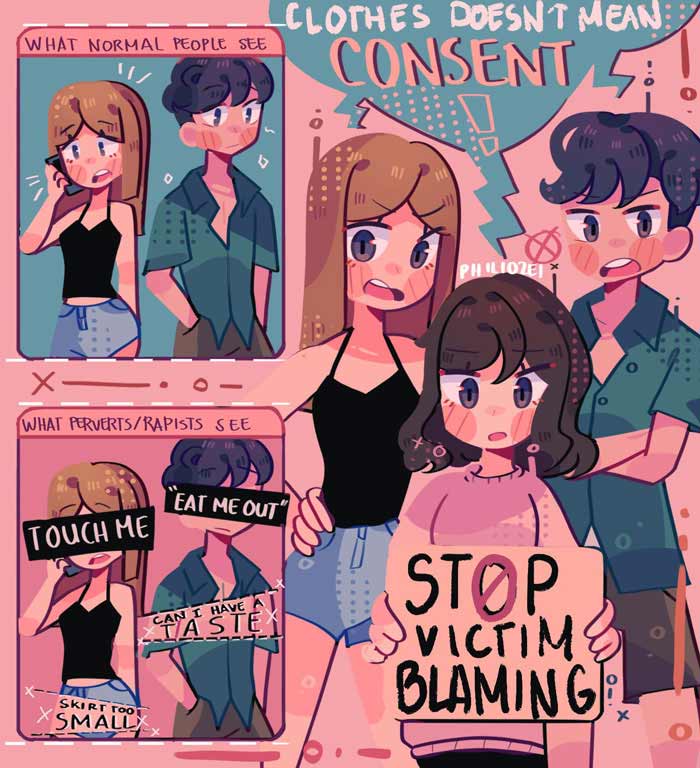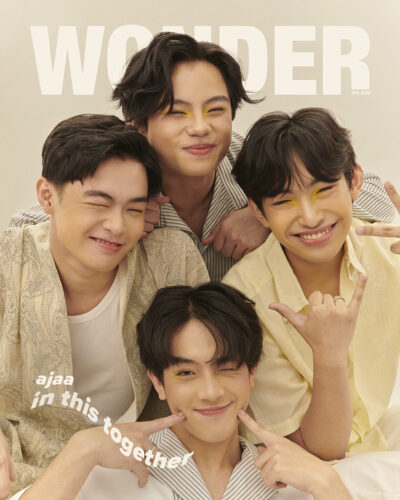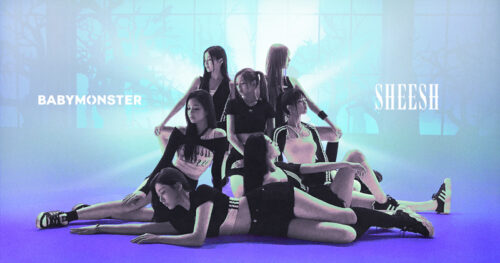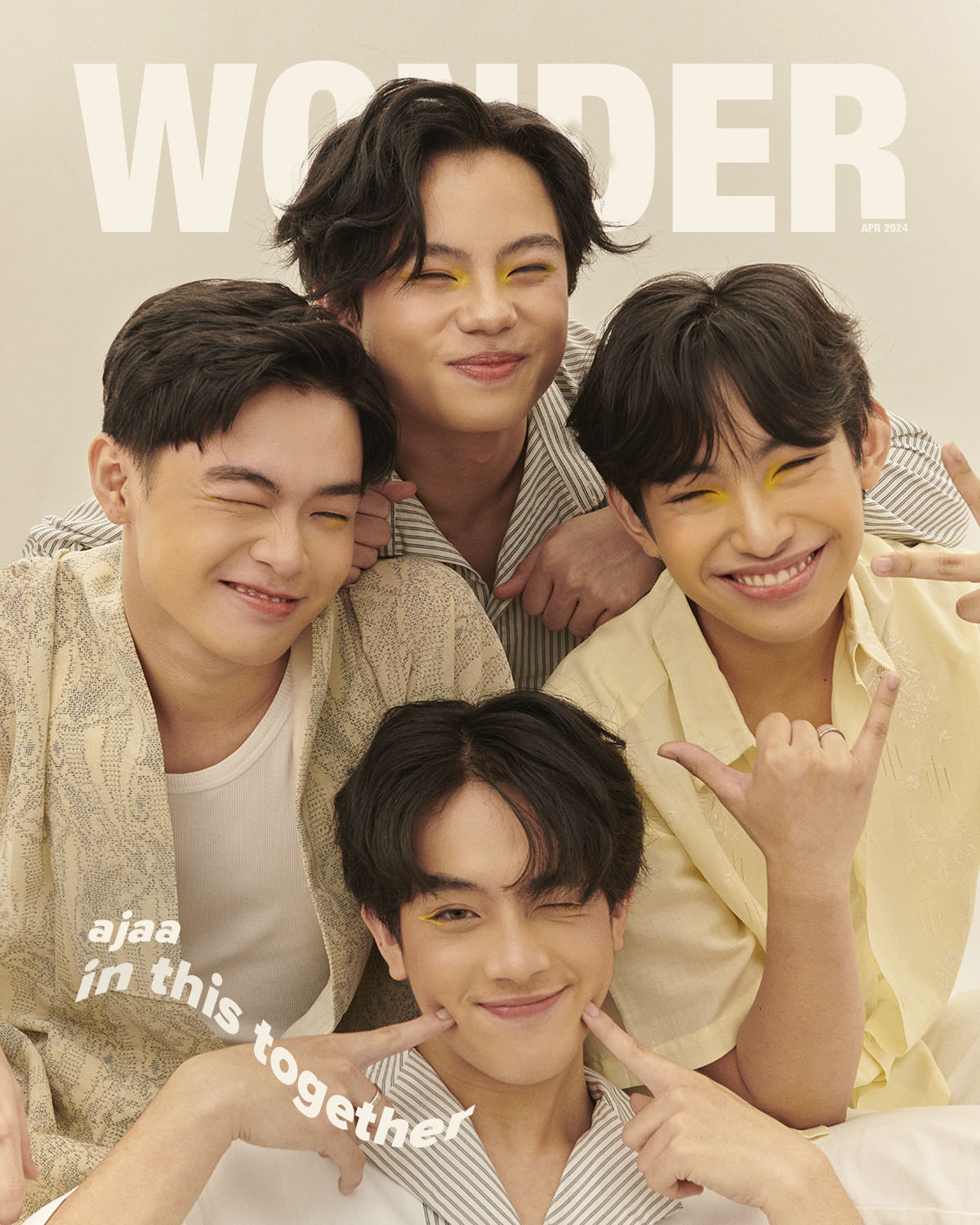..Frankie Pangilinan sparks an important discussion on rape victim-blaming
We’ve all seen it: the alarming exchange between Frankie Pangilinan, a teenager, and Ben Tulfo, a grown man of 65. Tulfo patronizingly calls Pangilinan “hija” as he tries to warn her that men are always waiting for the opportunity to commit rape and sexual assault. He tells “sexy ladies” to be careful with their choice of clothing—anything too revealing would inevitably “invite beasts.” We’ve also all seen Pangilinan clap back at the man with three solid bullet points and a throng of women using the hashtag #HijaAko to back her up.
– rape culture is real and a product of this precise line of thinking, where the behavior is normalized, particularly by men.
– the way anyone dresses is not an ‘opportunity’ to sexually assault them. ever.
– calling me hija will not belittle my point. https://t.co/bLbtEDVGBn— hija (@kakiep83) June 14, 2020
RELATED: How to Have Difficult Conversations With Friends
And while it’s great that we all know what we’re fighting for, we’re exhausted.
Women—all women—are tired of this. We recycle discourse on rape culture every damn quarter of the year (if not every single day of our lives) only to unearth a plethora of men who don’t want to believe us. People think that we’re delusional. Boys will always be boys. We are responsible for our own abuse, assault, and rape.
Survivors have traumatic experiences where authorities won’t believe them (the original post Pangilinan was responding to was from a police station in Quezon). Women believed that any unwanted attention and the assault or violence that ensues should have to endure because of how they dress, act or look—as if men are mindless beings, walking around dick-first.
RELATED: Three Filipino Men Share Their Thoughts on Toxic Masculinity
According to an article from Business Mirror, “More women were raped, physically abused, sexually exploited and trafficked in 2019, according to the latest data obtained by the Philippine Statistics Authority from the Philippine National Police (PNP) and the Department of Social Welfare and Development (DSWD).” As of February this year, there were 2,162 rape cases reported to the police in 2019, 30.6% higher than the total number of cases reported in 2018. Over two thousand rape cases in one year. Also, there are attempted rape and rape cases that simply aren’t reported (fact: as of 2017, only about 2 out of 5 cases are reported). Let that sink in.
It shouldn’t be our job to educate men on our collective and personal traumas. We shouldn’t have to relive our worst nightmares just to drive a point. Yet here we are, again.
Filipino women are rallying online, using the hashtag #HijaAko, to speak up against rape culture in different ways. Triggered by the incident between Pangilinan and Tulfo, people are fighting back.
A handful of brave women have used the movement to share their personal stories of abuse and trauma.
i was once harassed. what i was wearing? school uniform. what time of day? 9am.
stop telling girls what to wear. it doesn’t matter what girls wear or what time of day it is. rape/sexual harrassment happens bcos of the offender’s dirty twisted mind. #HijaAko
— ????? ? (@jmrnls) June 14, 2020
Celebrities and influencers have come forward with their own #HijaAko stories.
I was at a bar in Boracay, sober, with my friends and a guy kept harrassing everyone there. He kept talking to me and bothering me and just grabbed my boobs out of nowhere. I was fully covered up even at the beach and yet he violated me publicly. #HijaAko https://t.co/loYgJKru41
— Lauren Young (@loyoung) June 14, 2020
i was 17 when a man slipped his hand into my oversized denim jumper. 18, when a man unzipped my large coat to touch me. at 19, i was wearing baggy pants, only still to be groped.
stop blaming women for their clothes.
start holding men accountable for their actions.#HijaAko!!!— Janina Vela ??? (@janinavela) June 14, 2020
Artists have begun to churn out pieces that express rebuke of rape culture.
malayo pa ang umaga / @malayopangumaga on Twitter
Image Phillip Andrei N. Danganan / @philiozei on Twitter
Moving beyond Twitter, some women have chosen to create TikTok videos in solidarity.
Rape exists because of rapists! PERIOD. #StopVictimBlaming pic.twitter.com/sxywKHIeWZ
— Bevs (@Beverly_Cumla) June 14, 2020
And uncomfortable but necessary conversations have sprung up.
sooo i tried to discuss a thing to my aunt and i really hope that it’ll open her eyes more.
as her niece, i really respect her and i also admire her for being a strong woman and a mom to my cousins. but i really need to let off some steam regarding the problem.#HijaAko pic.twitter.com/zJHro8XuR5
— nikki #JUNKTERRORBILLNOW (@nkksfrncnn) June 15, 2020
WHEN YOU TELL YOUR DAUGHTER, GIRLFRIEND, OR SISTER TO DRESS APPROPRIATELY SO THAT SHE DOESN'T GET RAPED, IT'S LIKE YOU'RE SAYING “LET IT HAPPEN TO SOMEONE ELSE”. IT DOES NOT STOP RAPE CULTURE. IT PERPETUATES IT
— joyce (@joycejcamille) June 14, 2020
We’re taking big strides to show the world we will no longer stand for this bullshit. But the fight against rape culture is far from over. We need allies to win this fight, and straight men need to understand that simply not being a rapist isn’t enough. That’s the bare minimum. Being an ally against victim-blaming means using your voice and your male privilege to call out other men on their lewd and lascivious behavior to stop the assault, rape, and violence.
RELATED: Will Curing Ignorance Also Cure Apathy?
This culture of denial––the culture of victim-blaming and slut-shaming, as well as sexual objectification and trivialization––, can only end when we all take accountability. Men should account for their actions. Women should support fellow women. Don't let them touch you without your consent. Every woman can speak up and everyone should listen.
“Boys will be boys” should never be used to justify horrific acts ever again. All-male group chats should cease to be safe havens for perversion, for exchanging bikini pics or nudes of girlfriends, of “chicks” they met somewhere. Untoward advances should be called out right now. People should stop using oppressive and passive language. Men should question their stances when called out as problematic; reflect on how they might have unintentionally created an environment of discomfort, and ask how they can do and be better.
We need to end this is together. Because girls should not have to learn how not to be raped. Teach boys not to rape.
RELATED: I May Have Become That Perpetually Angry Friend Online
Words Mags Ocampo
Art Matthew Ian Fetalver


